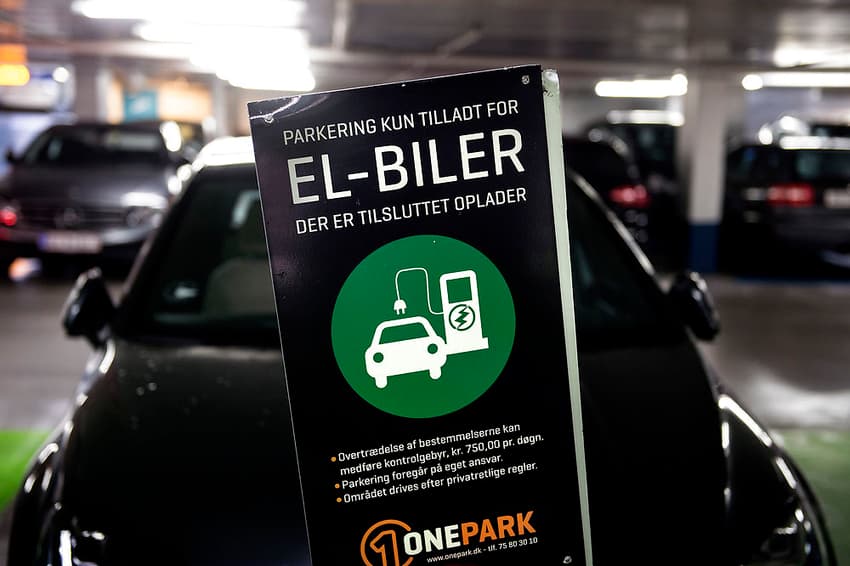Stop selling new petrol and diesel-fuelled cars by 2030: Danish government

Cars that run on fossil fuels should be phased out, with sales stopped within the next 12 years, the government has said.
Prime Minister Lars Løkke Rasmussen confirmed in his parliamentary opening speech on Tuesday that his government would seek to stop sales of fuel-driven cars by 2030.
Rasmussen also said he hoped that there would be one million electric or hybrid cars in Denmark by 2030.
“The transport sector is currently responsible for a quarter of Denmark’s carbon dioxide emissions. The air in the largest cities is polluted. So the government will now state a clear aim: in 12 years. In 12 years, we will stop the sale of petrol and diesel cars,” he said in the speech.
The stated goal will be included in a proposal on the environment to be presented by the government next week.
“In seventeen years, every single new car in Denmark must be an electric car, a hybrid or some other form of zero emissions vehicle,” the PM said.
Climate is likely to be an important talking point for Rasmussen’s Liberal party and other parliamentary groups in the lead-up to next year’s general election.
Rasmussen said he hoped the coalition government would pass a bill on the environment before the election was called.
“We are in a race against time when it comes to climate change. But we should not turn our efforts into a political competition. We will only achieve our aims if parliament works together,” he said.
READ ALSO: Copenhagen's public transport to get greener with new electric buses
Comments
See Also
Prime Minister Lars Løkke Rasmussen confirmed in his parliamentary opening speech on Tuesday that his government would seek to stop sales of fuel-driven cars by 2030.
Rasmussen also said he hoped that there would be one million electric or hybrid cars in Denmark by 2030.
“The transport sector is currently responsible for a quarter of Denmark’s carbon dioxide emissions. The air in the largest cities is polluted. So the government will now state a clear aim: in 12 years. In 12 years, we will stop the sale of petrol and diesel cars,” he said in the speech.
The stated goal will be included in a proposal on the environment to be presented by the government next week.
“In seventeen years, every single new car in Denmark must be an electric car, a hybrid or some other form of zero emissions vehicle,” the PM said.
Climate is likely to be an important talking point for Rasmussen’s Liberal party and other parliamentary groups in the lead-up to next year’s general election.
Rasmussen said he hoped the coalition government would pass a bill on the environment before the election was called.
“We are in a race against time when it comes to climate change. But we should not turn our efforts into a political competition. We will only achieve our aims if parliament works together,” he said.
READ ALSO: Copenhagen's public transport to get greener with new electric buses
Join the conversation in our comments section below. Share your own views and experience and if you have a question or suggestion for our journalists then email us at [email protected].
Please keep comments civil, constructive and on topic – and make sure to read our terms of use before getting involved.
Please log in here to leave a comment.